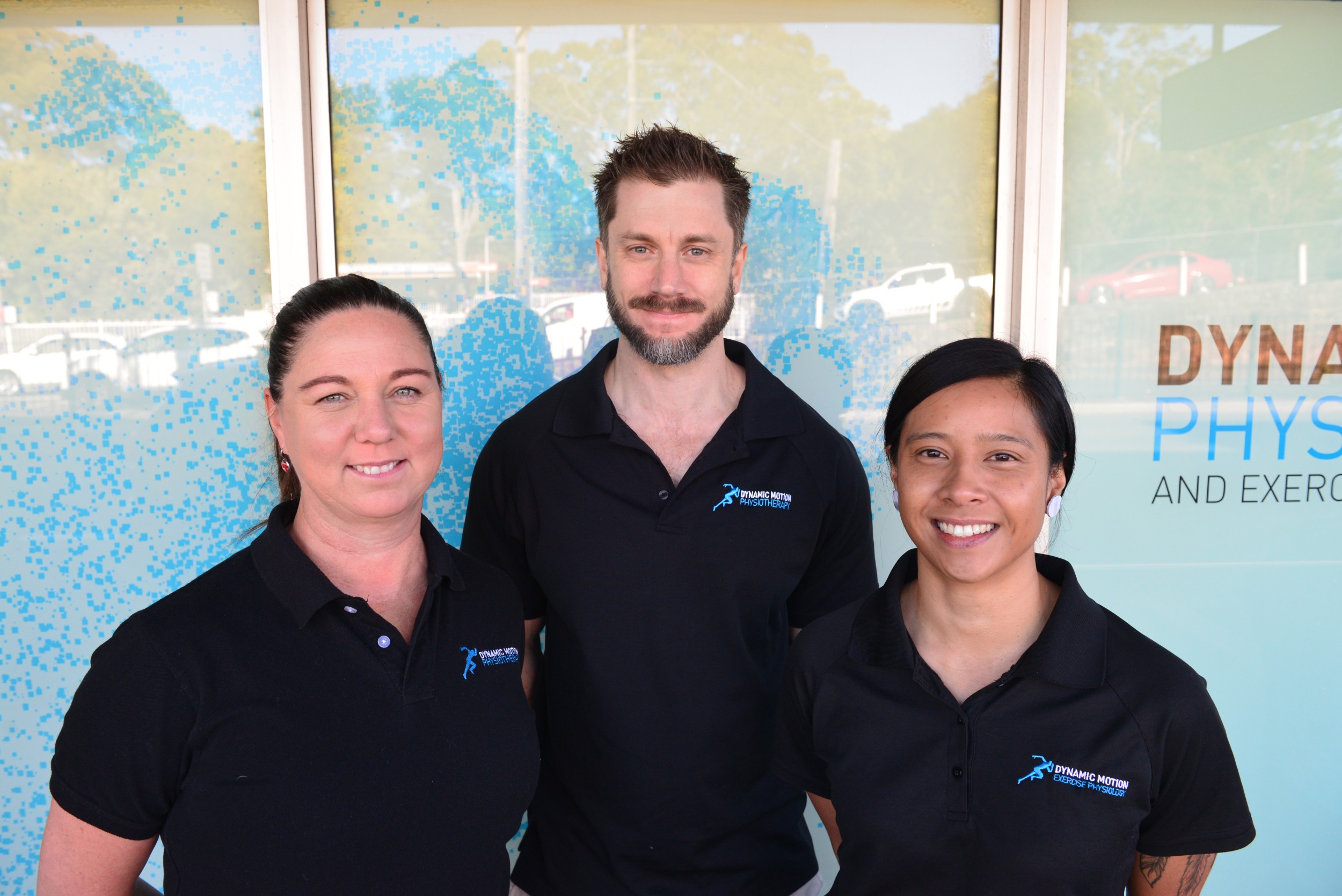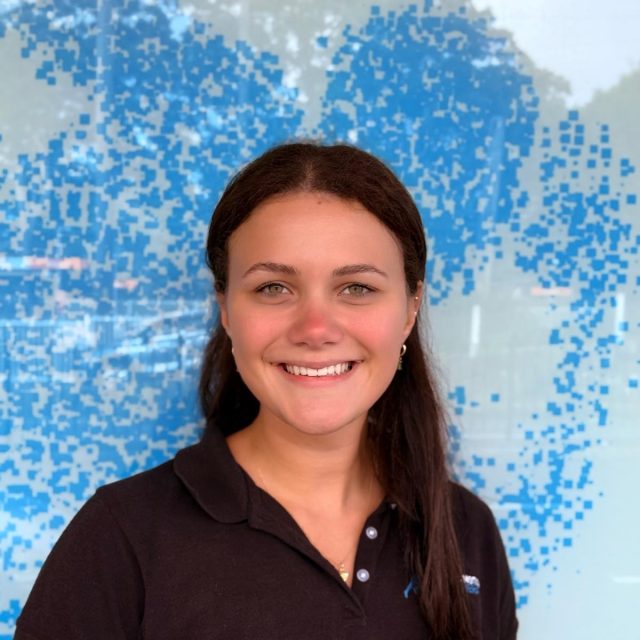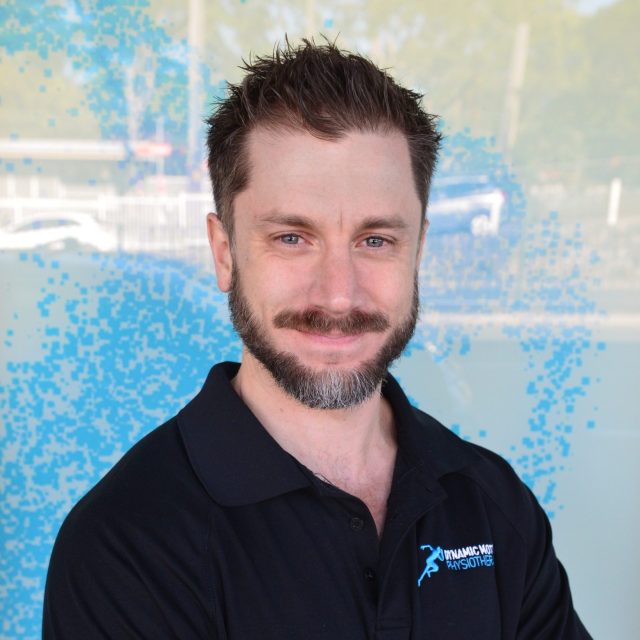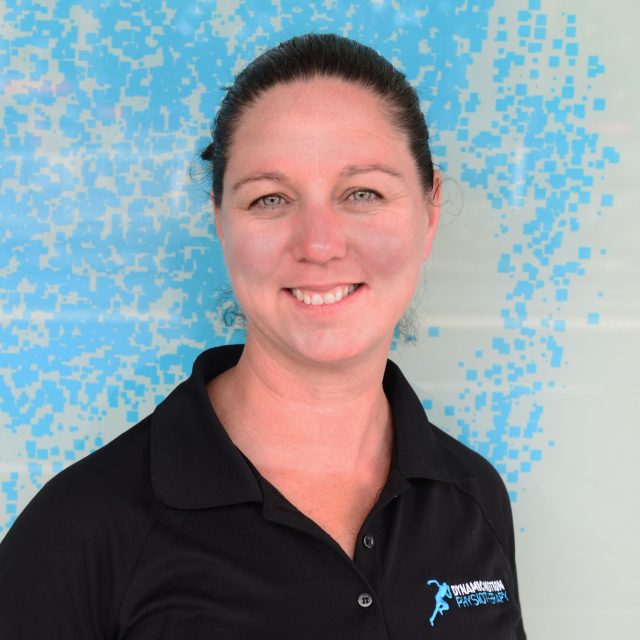Diabetes Program (Done with Diabetes)
What is diabetes?
Diabetes mellitus is a metabolic disease in which the body reaches a state of elevated fasting blood glucose due to not producing enough or responding normally to insulin.
In type 1 diabetes the bodies immune system attacks the cells in the pancreas that make insulin. While type 2 diabetes happens due to the body becoming resistant to insulin and is associated with genetics and lifestyle choices. Left unmanaged T2D can contribute to health complications such as neuropathy (peripheral and autonomic), nephropathy, diabetic retinopathy, and cardiovascular diseases.
Management of T2DM
The management of T2DM is a combination of regular physical activity, healthy eating and medication such as insulin injections. A team of healthcare professionals are available to provide guidance in order to help educate and establish a routine to achieve greater general health and wellbeing. This team may consist of a General practitioner (GP), Dietician, Diabetes Educator, Endocrinologist, Accredited Exercise Physiologist, Podiatrist, Pharmacist and/or Psychologist.
Regular physical activity and exercise can play a vital role helping people manage diabetes mellitus (type 1 or type 2). Although exercise cannot reverse damage to the pancreas, it is ideal in improving the way muscles respond to insulin and helping the body regulate blood glucose levels for a period after exercise.
Other longer-term benefits of regular exercise include:
- Improved insulin response
- Lowers blood glucose
- Lowers blood pressure and cholesterol
- Reduced risk of developing diabetes related complications
- Improved body composition
- Improved aerobic capacity
- Improved mood, reduced stress
- Improved bone health
- Improved muscle health, strength and function
Recommended physical activity includes 150min/week of moderate to vigorous aerobic exercise spread out during the week, with no more than 2 consecutive days without activity. As well as 2-3 half hour sessions of resistance (strength) training on non-consecutive days each week.

Meet our Exercise Physiologists
-
Jess MerciecaExercise Physiologist

-
Alex BateExercise Physiologist

-
Deb EvenissExercise Physiologist

Jess Mercieca
Jess Mercieca
Jess gained further experience working in a private hospital, seeing patients post-operatively and assisting in their recovery through a combination of gym-based exercise and hydrotherapy. Furthermore, Jess treated patients with chronic pain, muscle atrophy and cancer.
Jess ensures each client is treated as an individual with consideration of the various lifestyle and psychological factors that interplay with recovery. Her focus is to empower people through exercise and guide them towards self management.
Outside of work Jess is interested in strength training, swimming and hiking and enjoys the beach nearby her home.

Alex Bate
Alex Bate
Alex has worked as an exercise physiologist for nearly a decade in a number of private practices, seeing patients across a wide spectrum of physical abilities and exercise needs.After moving to Dynamic Motion, Alex spent time developing our exercise physiology services and building our seniors exercise class program.
He has previously been involved in a research team at University of Sydney which specialised in high-intensity exercise in older populations and people with chronic disease, where he ran a clinical trial examining resistance exercise in pre-diabetes and depression. His clinical background largely covers athletic strength and conditioning, particularly weight training; exercise in older individuals; and exercise for chronic conditions, particularly cardiometabolic conditions such as diabetes and heart disease.
He believes you’re never too old to exercise, and that keeping a habit of strength training is crucial for healthy ageing and adding life to years, as well as years to life. He is passionate about teaching people to do this safely, in a way that suits their circumstances and preferences, while addressing any specific health issues they may have.
For recreation Alex enjoys staying active by training for powerlifting, muay thai, recreational mountain biking, and exploring the Sydney outdoors with bushwalking and scuba diving.

Deb Eveniss
Deb Eveniss
Deb began her health and fitness career working as a personal trainer after obtaining her Certificate III and IV in Fitness. Here she developed a keen interest in healthy aging, falls prevention and cancer and exercise. Deb then decided to further her knowledge and experience by further study and becoming an exercise physiologist.
Deb has a keen interest in helping those with cancer, neurological conditions such as MS, HD, PD and stroke and brain injury survivors. More recently she has been researching and treating fatigue conditions including Long Covid, ME/CFS, POTS and EDS. Deb strongly believes that “movement is medicine” and wants to help people enjoy all that safe and healthy movement can bring.
In her spare time Deb is heavily involved in parkrun, soccer, trail running, hiking, kayaking and raising two very busy teenagers.
What’s does the program involve?
- A 1 :1 assessment with an accredited exercise physiologist focused on guidance with exercise and creating a plan to assist in managing diabetes (covered with a T2 referral from a GP)
- 8 group classes with an education component focused on diabetes (covered with a T2 referral from a GP)
- Use of gym equipment for independent training following a written program for you
How can DMP help?
At DMP an Accredited Exercise Physiologist will be able to help educate, encourage and support you in achieving your physical goals and guide you in managing your diabetes. This includes monitoring your blood sugar before, during and after exercise as well as providing a specific exercise program for you.
To get started assist you in the start of your management simply click on the Diabetes type 2 referral link and visit your GP prior to seeing an Accredited Exercise Physiologists at DMP. Link: https://dmphysio.com.au/referral-templates/
